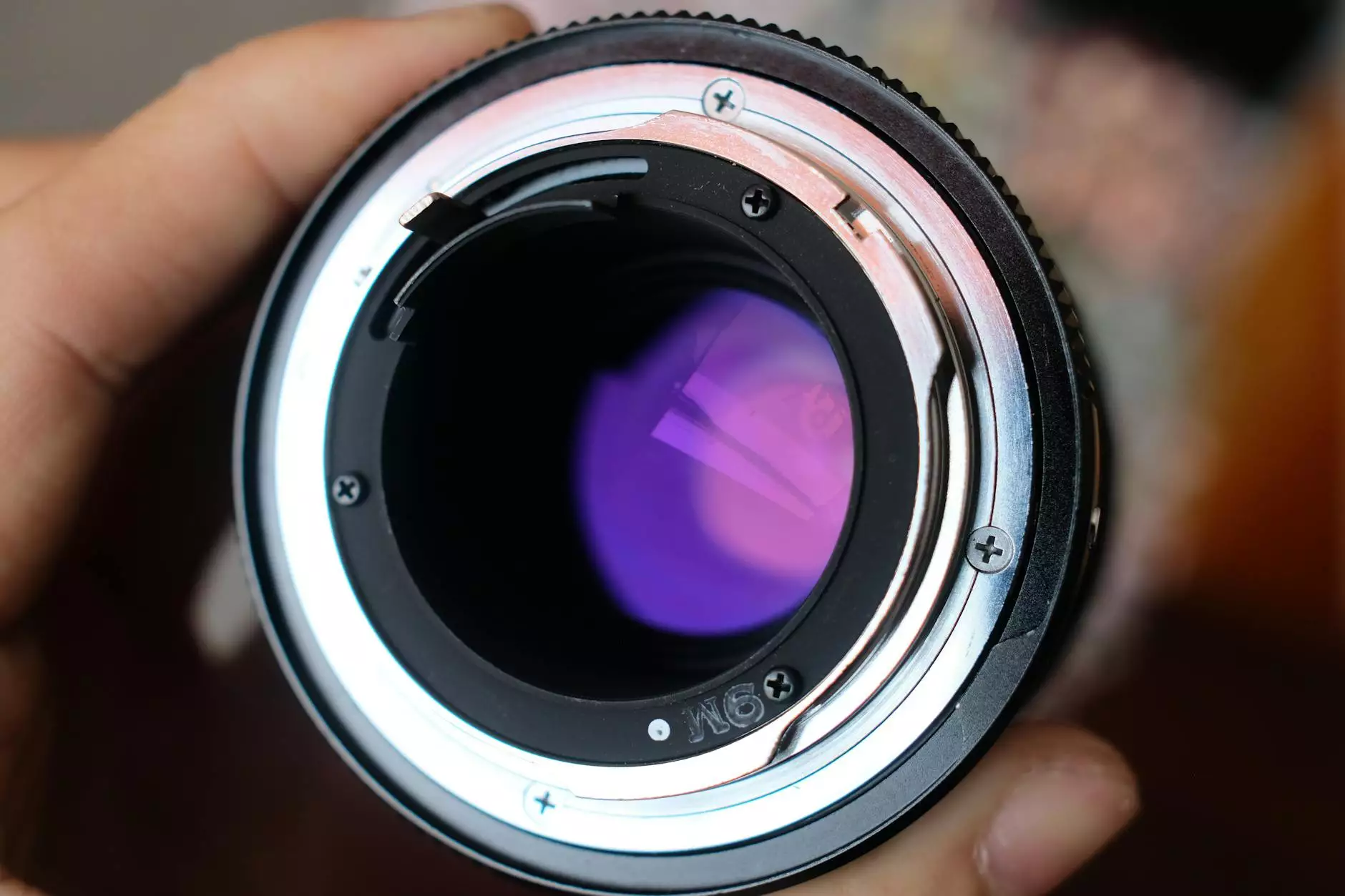Understanding Bruxism Night Guards: A Comprehensive Guide

Bruxism is a term that refers to the involuntary grinding or clenching of teeth, which can occur during the day or at night. One of the most effective ways to mitigate the effects of bruxism is through the use of a bruxism night guard. This article delves into the significance of night guards, their types, benefits, and how they can help improve your overall dental health.
What is Bruxism?
Bruxism affects millions of people worldwide, often without their awareness. It typically occurs during sleep and can lead to various dental problems.
Types of Bruxism
- Sleep Bruxism: This is the most common form of bruxism, occurring during sleep.
- Awake Bruxism: This occurs when an individual grinds or clenches their teeth while awake, usually due to stress or anxiety.
Causes of Bruxism
Bruxism can be triggered by a variety of factors, including:
- Stress and Anxiety: Many individuals grind their teeth in response to psychological stress.
- Abnormal Bite: Misalignment of teeth can lead to discomfort and result in grinding.
- Sleep Disorders: Conditions like sleep apnea have been linked to bruxism.
- Medications: Certain medications, especially antidepressants, can increase the risk of bruxism.
What is a Bruxism Night Guard?
A bruxism night guard is a specialized dental device designed to protect your teeth from the damaging effects of grinding and clenching during sleep. These guards are custom-fitted to the wearer’s mouth, ensuring maximum comfort and effectiveness.
How Does a Bruxism Night Guard Work?
The primary function of a bruxism night guard is to create a barrier between the upper and lower teeth. By doing this, it helps to:
- Prevent Tooth Wear: The guard absorbs the pressure and protects the enamel from wear and tear.
- Reduce Jaw Pain: Night guards help alleviate discomfort caused by excessive clenching.
- Minimize Headaches: By relaxing the jaw muscles, these guards can significantly reduce the frequency of tension headaches.
- Protect Dental Restorations: If you have crowns, fillings, or other dental work, a night guard shields these from damage.
Types of Bruxism Night Guards
When it comes to bruxism night guards, there are several types available, each offering unique features and benefits:
1. Soft Night Guards
Soft night guards are made from flexible materials. They are comfortable to wear and are ideal for those with mild to moderate bruxism.
2. Hard Night Guards
Hard night guards provide stronger protection against severe grinding. They are made from denser materials and are suitable for people with more intense grinding habits.
3. Dual-Laminate Night Guards
Dual-laminate night guards combine the benefits of soft and hard guards. They have a soft inner layer for comfort and a hard outer layer for extra durability, making them a versatile choice.
4. Custom Night Guards
Custom night guards are made specifically for your bite. A dentist takes precise impressions of your mouth to create a personalized fit. This option is often the most effective as it minimizes movement during sleep and provides the best protection.
The Benefits of Using a Bruxism Night Guard
Investing in a bruxism night guard comes with numerous benefits that can greatly enhance your quality of life:
- Improves Sleep Quality: By alleviating discomfort, night guards contribute to better sleep, allowing for a more restful night.
- Enhances Oral Health: Protecting your teeth from damage contributes to overall dental health, reducing the risk of cavities and other dental issues.
- Cost-Effective: Preventing dental issues caused by bruxism can save you money on future dental work.
- Easy to Use: Night guards are simple to wear and maintain, fitting seamlessly into your nightly routine.
How to Care for Your Bruxism Night Guard
Proper care and maintenance can extend the lifespan of your bruxism night guard significantly:
- Clean Daily: Rinse the guard with water and brush it gently with a toothbrush and toothpaste.
- Avoid Hot Water: Do not use hot water as it can warp the material.
- Store Properly: Keep your night guard in its case when not in use to prevent damage.
- Regular Check-ups: Visit your dentist regularly to ensure your guard fits well and is in good condition.
Signs You May Need a Bruxism Night Guard
If you suspect that you may be suffering from bruxism, look out for these signs:
- Worn Tooth Surfaces: Noticeable flattening or chipping of teeth.
- Jaw Pain or Discomfort: Feelings of soreness or tightness in the jaw, especially in the morning.
- Headaches: Frequent morning headaches that improve throughout the day.
- Earache or Facial Pain: Unexplained pain in the face or around the ears.
Consulting with Your Dentist
If you experience any of the above signs, it’s crucial to consult with your dentist. They can evaluate your dental health and help you determine if a bruxism night guard is a suitable option for you.
What to Expect During Your Appointment
During your dental visit, you can expect:
- Dental Examination: Your dentist will examine your teeth and jaw for signs of bruxism.
- Discussion of Symptoms: You’ll discuss your symptoms and any concerns you have about grinding.
- Impressions for Custom Guards: If deemed necessary, your dentist will take impressions of your teeth to create a custom night guard.
Conclusion
A bruxism night guard is an essential tool for anyone suffering from teeth grinding or jaw clenching. With its ability to protect dental health, alleviate discomfort, and promote better sleep, it can significantly enhance your quality of life. If you think you might benefit from a night guard, don’t hesitate to contact a dental professional for an evaluation.
For more information on how to protect your dental health and to explore treatment options, visit medentalsf.com.









